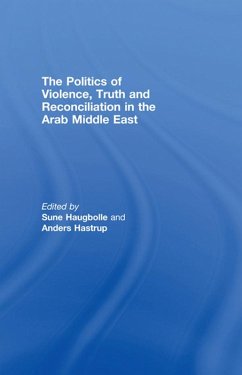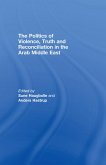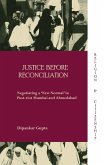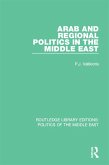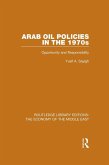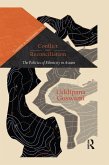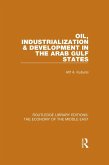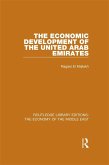The analysis departs from a liberal, teleological understanding of truth and reconciliation as a linear process from trauma through memory to national healing. Instead, the articles highlight how the interplay between state-orchestrated initiatives (such as Truth and Reconciliation committees and ministerial committees); civil society actors (including former political prisoners, investigative journalists and NGOs); and external actors (such as transnational NGOs, state sponsored dialogue initiatives, the UN and the EU) is creating a new political field.
The book examines the extent to which this field challenges the Arab nation-state's monopoly on history and violence, and asks whether public narratives of violence, memory and justice consolidate or challenge political legitimacy of current regimes.
This book was published as a special issue of Mediterranean Politics.
Dieser Download kann aus rechtlichen Gründen nur mit Rechnungsadresse in A, B, BG, CY, CZ, D, DK, EW, E, FIN, F, GR, HR, H, IRL, I, LT, L, LR, M, NL, PL, P, R, S, SLO, SK ausgeliefert werden.

